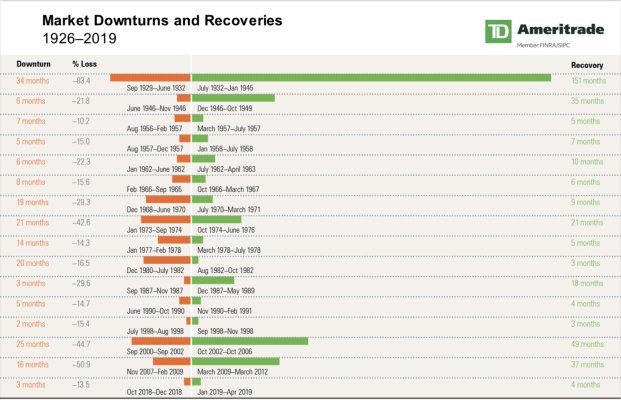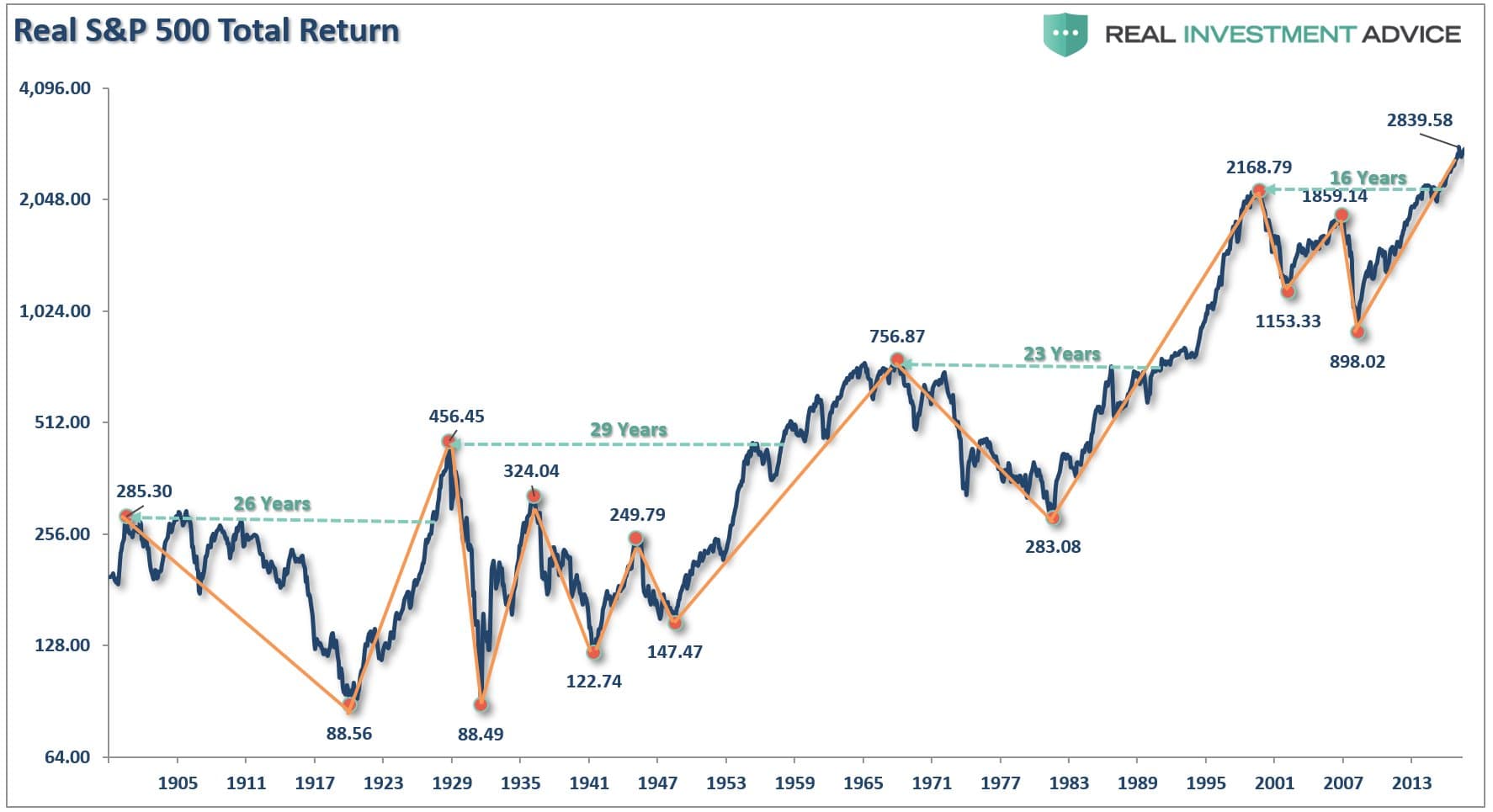Well, I wouldn't presume to make recommendations to anyone as I don't have insight into anyone else's goals, AA, expenses or financial position. That said, I do think answering the question of "should we expect lower returns going forward" can only logically be done by looking objectively at current valuations which then leads to a "probably so (at least over the next decade or so)" answer to the original question..
In terms of my own strategy (FWIW and YMMV)..I've reduced equity exposure to ~25% of total portfolio value. Of that, roughly 1/3 is in Internationals with a heavy tilt to International Value. Also increasing AsiaPac and US Value exposure where I can find much more attractive PE ratios.
I've also bought Inflation Protection assets, a Gold ETF, REITs and a very flexible PIMCO fund that is a "go anywhere" Inflation Response fund that can hold TIPS, Emerging Markets Currency, Gold, Real Estate and similar assets. (My thinking on that one is to let the PIMCO experts - all of who are far smarter than me, determine what the right mix of inflation protection assets may be as inflation increases).
In terms of Fixed Income, I've increased exposure to short duration bond funds and have considered dialing back my longer duration funds, knowing that they're going to get hammered as rates go up.
All that said, I realize others may have totally different goals and none or little of this may be of help to anyone else's unique situation, but since you asked

..it's also worth mentioning that I'm not looking to run up the score at this point, but instead to fund ER with the lowest possible amount of risk that I can take, as a big drawdown is not something I want to go through at this point. Someone who wants to leave assets to others after death, or live more extravagantly than us in ER may have different goals and a need to take significantly more risk. All comes down to what you're trying to accomplish..
ETA - an AA that's heavy on US equities (especially Large Growth) is likely going to crush what I described above..at least in the short term until things eventually "reprice". But I'm looking to minimize risk and comfortably pay the bills, not shoot for the moon in terms of total returns or capital appreciation. And in the long run, the diversification I've described should achieve exactly that although there are of course no guarantees..lastly, on the topic of "don't take more risk than you NEED", there was a great piece (which I've posted before) by Rick Ferri originally published in Forbes where he makes a strong case that the "center of gravity" for retirees or those approaching retirement is a roughly 30/70 AA, although that can be dialed up or down based on individual circumstances and need..FWIW..
https://www.forbes.com/sites/rickfe...nter-of-gravity-for-retirees/?sh=100e5e85dae9.


